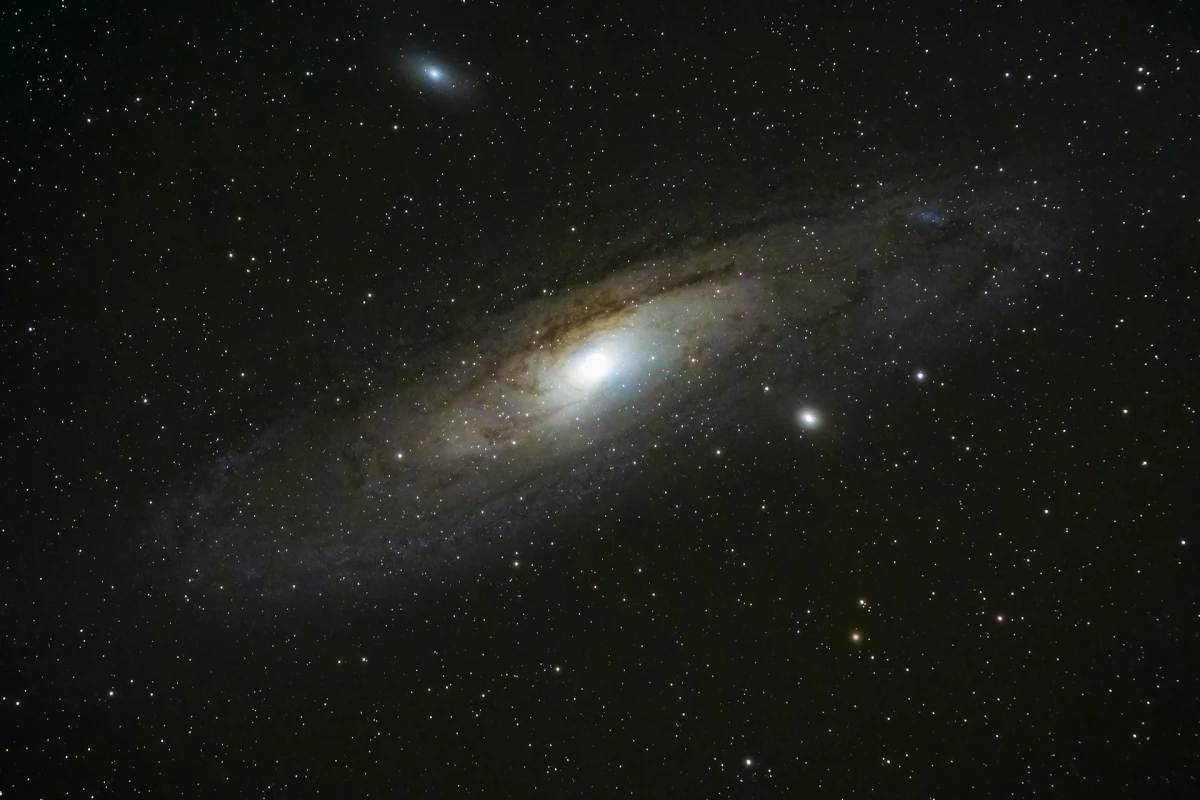Photo by Bryan Goff on Unsplash
Heavenward
The first time I read my grandmother’s obituary, I notice it’s one amongst twenty others in the newspaper, grim black letters against gray-white paper under her black-and-white photograph. In the picture, she is young, bejeweled. The obituary states that she “departed for her heavenly abode” on the imprinted date.
Satellite
The next day, I retrieve the paper, study all the things that are attached to her name, including the name of the company my grandfather worked for―wife of, daughter of, mother of, grandmother of. She’s the satellite that cannot be pulled out of her family’s orbit for without them, she’ll float unmoored, unidentified. The scant lines in the paper do not include her education―no surprise since she had to leave school after seventh-grade and was married off as a teen. There’s no mention of her kindness, her industry, or who she was as a person. I think of all the words I could weave between and through the lines.
Cosmos
My grandmother was called Chitti or aunt, by her children, relatives, and neighbors. She acquired the title after she married into a joint family―an extended family system where more than one generation lives under the same roof. Her eldest grandchild, I adopted the sobriquet as well. After they moved to the metropolis from the village, she raised five children on her husband’s modest earnings, her family, her cosmos. She didn’t know relaxation, didn’t listen to the radio or go to the movies. I would add that she swallowed disappointments and worried instead―about one son’s education, about another son’s job, about the daughter who lived far away. That she waited to eat until the family was done, by which time, too tired to cook afresh, she ended up scraping the remnants from the bottom of the pan.
Star
She smelled of tea dust and talcum powder, coconut oil and cumin seeds, wiped her hands on her sari palloo instead of a towel. I loved the moist fabric under my cheek when she hugged me with her pillowy arms. She called me her star, said I lit up her life, and coaxed me into eating her ghee-drenched balls of spinach rice, even as she fed me tales from the Ramayana and the Mahabharata. Once, in a tantrum’s fit, I threw a plate of dal and rice across the kitchen, splattering floor and walls, because I wanted a sandwich instead. She didn’t make me apologize.
Gravity
She toiled until her feet grew puffy from standing, until a blood vessel burst in her brain, until, betrayed by her center of gravity, she became paralyzed on her right side. For years she, who’d always taken care of everyone else, wept, trapped in her frustration. I wish the obituary would indicate that despite her disabilities, Chitti continued to worry about her family. I wish as I left for college, I understood the words she uttered in her slurred speech. I wish my mother didn’t need to explain that Chitti with her garbled words, was warning me to stay away from sweet-talking boys. I wish I hadn’t become so uncomfortable with her infirmity that I couldn’t wait to leave her presence.
Moon
That was the last time I saw Chitti before she departed this earth. When I should have told her that every time I looked up at the waxing or waning moon, I remembered her. That I hold close the story of Ganesha throwing a tusk at the moon because she narrated it to me. But I remained as impassive as the words that later appear in her obituary, a small space shared with twenty other death notices, as lifeless as the black letters against gray-white paper under a black-and-white photograph of a young, bejeweled Chitti―while she, I am certain, is the glow in the firmament still watching over me.
Sudha Balagopal is an Indian-American writer whose recent work appears in swamp pink, Vast Chasm and Gooseberry Pie Lit Magazine among other journals. Earlier this year, her novella-in-flash, Nose Ornaments was published by Ad Hoc Fiction, UK. She has had stories included in Best Microfiction, Best Small Fictions and the Wigleaf Top 50.




